India's love and hate relationship with Twitter - in seven slides
Now, Twitter will not be considered a platform that hosts content from various users. Rather, it will be seen as a publisher and will be directly editorially responsible for anything published on the website. So this makes the microblogging site liable for punishment under any law, including IT Act, as also the penal laws of the country.
While Twitter is locked in a tussle with the Indian government, let's take a look at the journey of the platform in the country - how it grew and the legal tussles it's currently involved in with the Indian government.
)
Twitter was created by Jack Dorsey, Noah Glass, Biz Stone, and Evan Williams in March 2006 and launched in July of that year. What caught the attention of users is one of its defining features which is the strict limits placed on each post, known as a tweet. It allowed only 140 characters, although that was doubled to 280 in 2017.
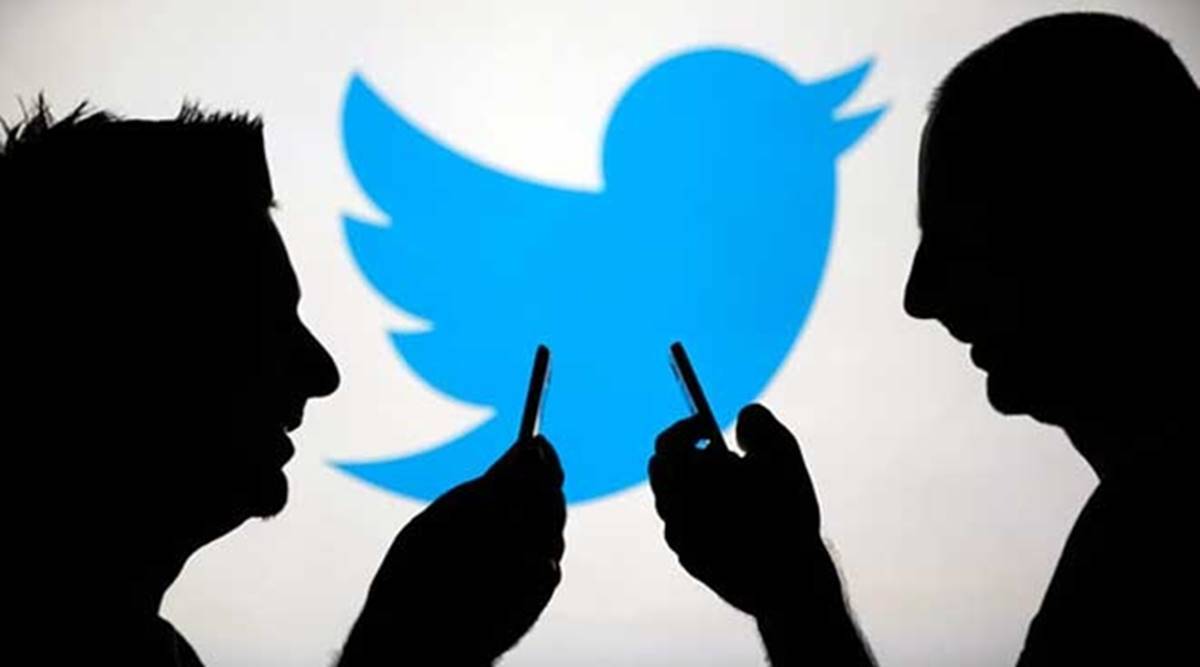
In 2020, Twitter reported 186 million daily users for the period ended with June 30. This meant an almost 34% increase from June 2019 to 2020.
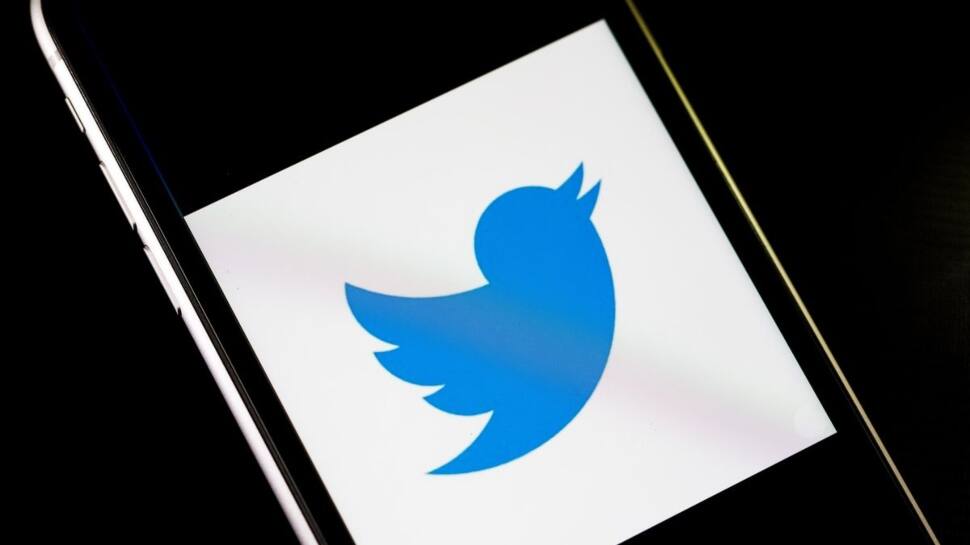
However, 2021 seems to be a rough year for Twitter in India as there has been several run-ins with the government
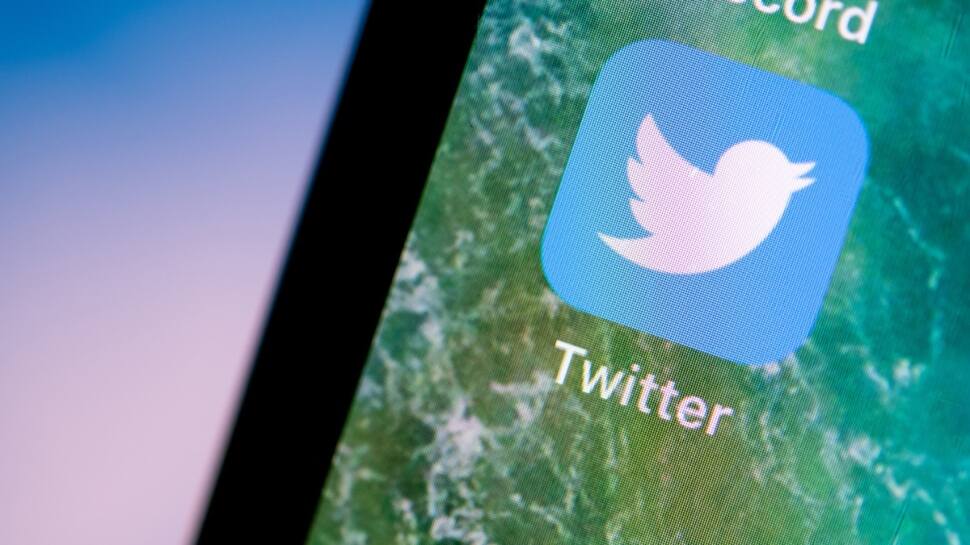
The friction between the government and Twitter started after the former asked the latter to take action against some of the accounts that were inciting the violence that happened, as they claimed, in the garb of farmers' protest rally, on Republic Day in Delhi. Twitter was not prompt in responding to the request.
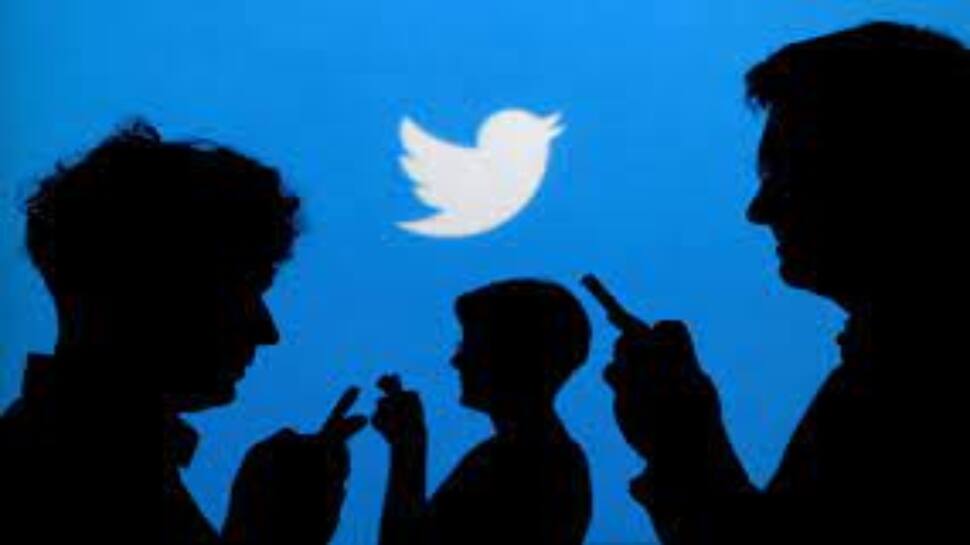
Recently, Twitter tagged some posts of BJP spokesperson Sambit Patra as "manipulated media". Delhi Police Special Cell visited the office of Twitter in this regard.
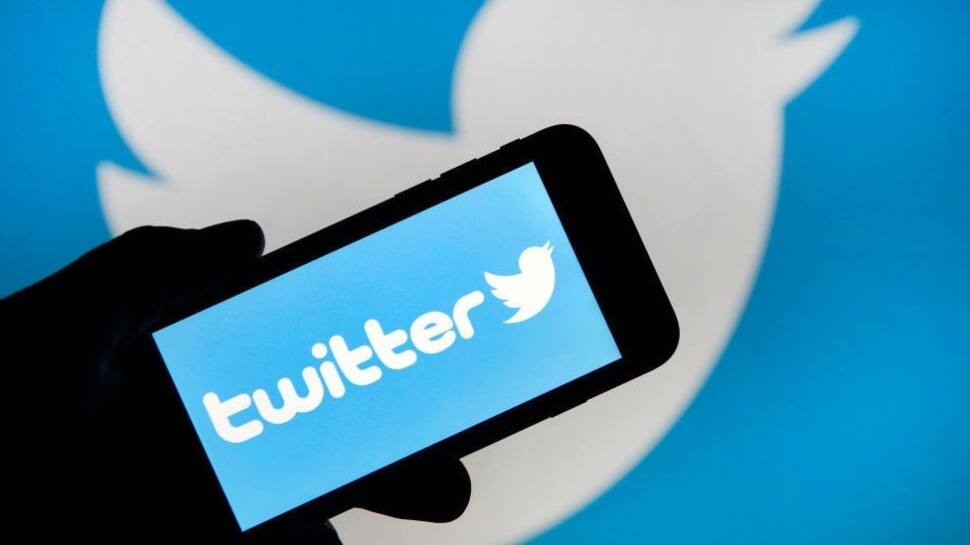
Twitter also didn’t follow the new IT Rules as it believes that this could have elements that could inhibit free speech. It said it plans to “advocate for changes to elements of these regulations that inhibit free, open public conversation”.
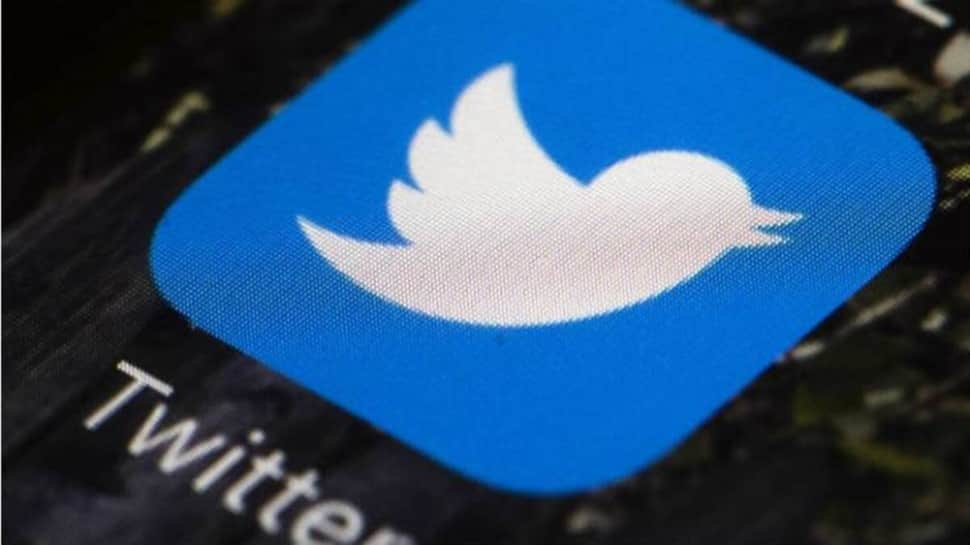
The latest case is Twitter carried a wrong map of India, which showed Jammu and Kashmir, and Ladakh, as a separate country, thus provoking outrage from the netizens

